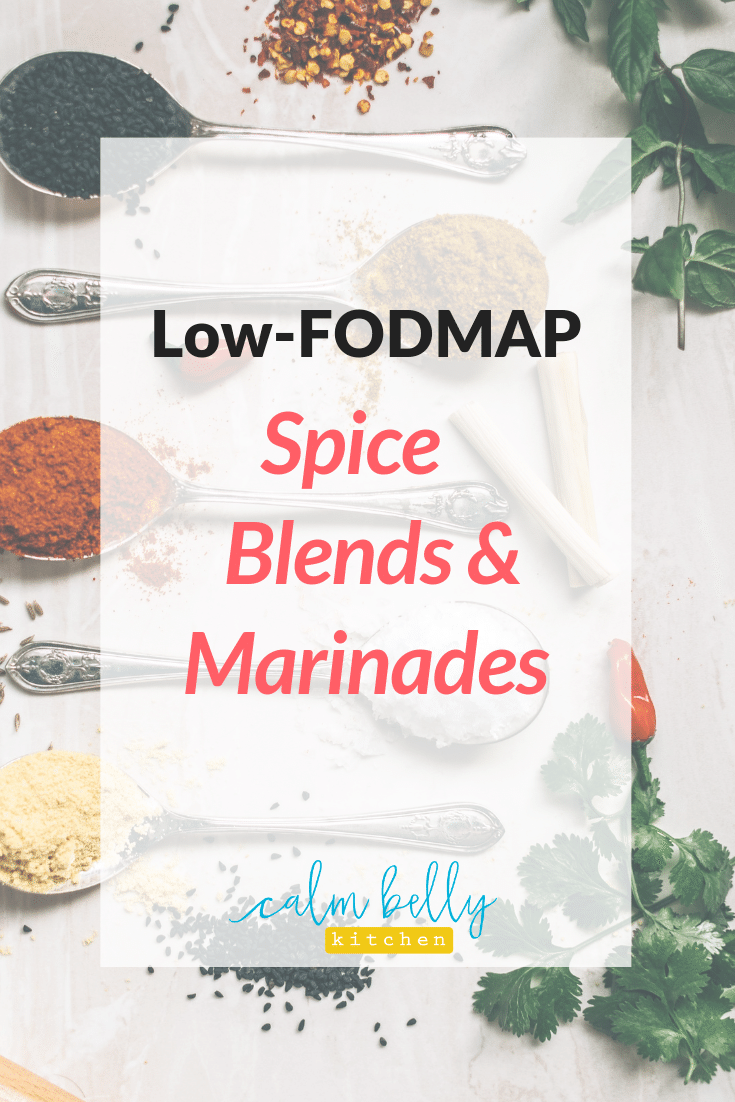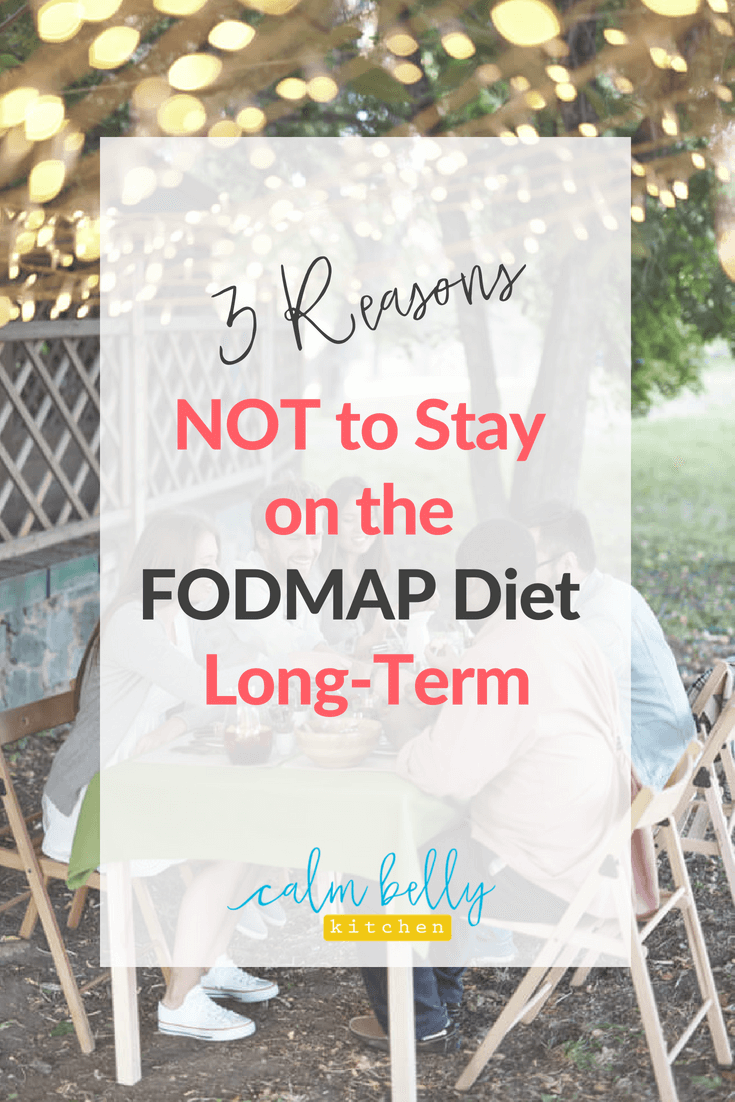Exercise can improve IBS symptoms, but what exactly should YOU do to reap the benefits? What are the best exercises for bloating, for IBS-D, for IBS-C? Should you workout during a flare up? Click through to learn all this and more.
IBS Symptoms in Females and What To Do About It
IBS Symptoms in Females and What To Do About It
Save it on Pinterest!
It can come on so suddenly, completely without warning.
You start the day feeling fine and then – BAM! Suddenly you’re experiencing serious abdominal pains and cramping, bloating, diarrhea, or constipation (sometimes both!).
Was it something I ate? you might wonder as you rush to the restroom.
The truth is, just about anything can cause these kinds of digestive upsets, but they’re also common symptoms of IBS. If you’re experiencing them regularly, you could be one of the 10–15 percent of the adult population in the U.S. that suffers from Irritable Bowel Syndrome. In fact, IBS is one of the most common conditions diagnosed by gastroenterologists and primary care physicians, according to the American College of Gastroenterology.
But how can you tell if your upset stomach is really something more serious?
Common IBS Symptoms in Females
Interestingly, IBS is diagnosed more often in women than men in the US — at almost twice the rate.
Doctors aren’t exactly sure why, but some research suggests a connection between the hormones estrogen and progesterone and IBS symptoms in females. In fact, some women report increased IBS symptoms like back pain during their menstrual cycles.
In general, IBS involves abdominal pain and changes in stools. Although anyone can experience pain or bloating from gas after a particular meal, and our stools are constantly changing based on what we eat, IBS symptoms tend to be persistent and frequent.
Overall, Irritable Bowel Syndrome symptoms can include:
Abdominal pain
Cramping
Bloating
Excessive gas
Diarrhea
Constipation
Indigestion
Back pain
Loss of appetite
Anxiety and depression
In fact, the four types of IBS are defined by their symptoms:
IBS-C - predominant constipation
IBS-D - predominant diarrhea
IBS-M - mixed (you suffer both diarrhea and constipation)
IBS-U - undefined
Women who suffer from IBS often find they have certain triggers that bring on an episode, though these can vary from person to person.
Some of the most common triggers include foods high in certain carbohydrates called “FODMAPs” (like onions, garlic, milk, wheat bread, pasta, and apples to name just a few), artificial sweeteners, smoking, carbonated drinks, and alcohol. Women also report more episodes during their menstrual cycles.
Additionally, social and emotional factors like stress and anxiety can be triggers too. And when you’re suffering from uncomfortable digestive symptoms and worried about finding a bathroom, it can create a vicious, stressful cycle.
Are IBS Symptoms Different in Males?
If you’re a man who suspects you have IBS, the list of common symptoms above also applies to you. However, the added complication of the female menstrual cycle isn’t a factor (lucky for you, guys!).
According to the International Foundation of Gastrointestinal Disorders, IBS is underreported in men, so there isn’t as much information about gender differences available. However, if you’re a guy reading this, the following info about the treatment and diagnosis of IBS applies as well!
Other Conditions That Can Be Confused with IBS Symptoms
It’s important to note that IBS is not the same as Inflammatory Bowel Disease (IBD). IBD can manifest as either Crohn’s Disease or ulcerative colitis, but the common factor is an inflammatory response and actual inflammation in the intestines.
IBD can also cause changes in the bowel tissues and raise your risk for colorectal cancer. But usually, in addition to IBS symptoms, people with IBD will experience symptoms like fever, bleeding, weight loss, joint pain, and eye problems.
IBS doesn’t have an inflammatory response associated with it, and in fact, when doctors look at the GI tract of IBS sufferers, it appears normal.
How IBS is Diagnosed
Unfortunately, there’s no quick and easy test to find out if you have IBS. The diagnosis is based entirely on your symptoms, and doctors call it a diagnosis of exclusion — meaning they have to rule out other conditions, like thyroid disorder or IBD, in order to make a diagnosis.
Doctors look to a set of guidelines called the Rome IV criteria (developed over the last 15 years by experts meeting in — you guessed it — Rome!) to help diagnose IBS and other functional GI disorders. The criteria are a way to systematically eliminate other conditions based on your specific symptoms.
IBS is medically defined as recurring abdominal pain linked with changes in bowel movement frequency and form, at least once a week for at least three months.
If You Suspect Your Symptoms Are IBS
The first and most important thing to do if you suspect you may have symptoms of IBS is to get a diagnosis.
Try keeping a record of your symptoms that you can take to your doctor to help her understand what’s going on and make a faster, more accurate diagnosis for you. Your doctor will probably want to take a detailed medical history; this may be important, as there does seem to be some genetic component to IBS, and you’re more likely to have it if a parent does as well. Your doctor may also want to run specific tests to rule out other problems before diagnosing you with IBS.
Once you have a diagnosis, treatment is all about managing your symptoms.
Diet Is Everything For Managing IBS Symptoms
When it comes to IBS, food is medicine. Many IBS episodes are linked to particular food triggers.
Foods that might trigger your symptoms include:
Carbs made with wheat flour, like bread and pasta
Lots of carbonated drinks (the bubbles can cause excess gas)
Artificial sweeteners, especially sorbitol and mannitol
Greasy or very fatty foods
Certain carbohydrates collectively referred to as FODMAPs that include fructose (a type of fruit sugar), lactose (milk sugar), beans, onions, broccoli, cabbage and many more
Click to read this article and learn more about the FODMAP Diet, a.k.a. the best diet for IBS!
FODMAPs are foods we eat every day--including some very healthy choices like beans and produce--but people with IBS don’t digest them well. This means that these foods pass into our colon where our gut bacteria starts to ferment them and produce gas. People with IBS experience hypersensitivity in the gut, and any kind of gas production can become uncomfortable and trigger diarrhea or constipation.
For managing many IBS symptoms, females will particularly benefit from trying a low-FODMAP diet. By reducing the intake of these specific foods, research shows that up to 86% of people with IBS experience a significant reduction in the severity and frequency of their symptoms.
Want to know what foods are high or low in FODMAPs? Grab our free cheat sheets!
I always recommend starting a FODMAP elimination diet when you’re ready and then following a protocol to slowly reintroduce foods which allows you to identify your particular triggers--most people can eat some high-FODMAP foods WITHOUT experiencing symptoms.
Once you’ve identified your triggers, you can drastically reduce future bouts of IBS.
In the short term, your doctor may suggest over-the-counter medicines like laxatives and anti-gas pills to help with the symptoms, but these are only treating the result, not the cause of the problem. Doing a temporary FODMAPs elimination diet is a way of discovering the root causes of your discomfort and avoiding them in the future.
In addition, many doctors now recognize a psychological component to IBS and may suggest therapy or counseling to combat stress and anxiety that may make your symptoms worse. There is some indication that antidepressants can help modulate nerve activity in your gut, but these drugs come with their own side-effects, so many doctors are hesitant to prescribe them for IBS.
Conclusion
IBS is chronic, and there is currently no cure. But with the right tools and mindset, you can identify and eliminate your specific triggers to live a much more comfortable life.
IBS, Post-Infectious IBS, and SIBO: What's the difference?
3 Ways To Deal with IBS Constipation (and 1 thing not to do)
Save this post on Pinterest!
When it comes to managing IBS symptoms, smart eating is your first line of defense. Doing the low-FODMAP Diet is an amazing way to learn what foods trigger your symptoms AND what portion sizes keep your belly calm.
But sometimes supporting strategies are needed, which is why I'm doing a 3-part series on Calm Belly TV to help you deal with the 3 major symptoms of IBS:
Constipation
Diarrhea
Bloating
Fun topics, right!? Okay, they may not be fun, but there's a lot you can do to deal with these symptoms besides just watching your intake of high-FODMAP foods. That's what I'll be covering in the series.
[Want to learn more about the FODMAP Diet and why it's so effective for IBS? Check out this blog post!]
Check out the rest of this series:
Now onto Part 1 of the series:
3 Ways to Deal with IBS Constipation (and 1 thing not to do)
Watch the video to go deep on this topic, or keep reading to get the main points.
Just the key points:
First thing's first: Calm Belly Kitchen is an educational resource and doesn't replace personalized medical advice. Check with a doctor before starting any new dietary treatment or supplement.
Let's recap: A low-FODMAP diet can help decrease constipation a lot, but additional treatments and strategies are often needed.
Why? FODMAPs are one of the major causes of IBS symptoms, but many other factors play a role in your digestion:
- The food you eat (fiber, fat, etc)
- Your hormones
- Bowel motility (how fast food goes through your system)
- Life stress
In my experience and in my work with clients, I've seen that learning your personal trigger foods makes a huge difference. Still most people need supporting strategies to deal with constipation.
3 Strategies to Manage IBS Constipation with Diet
1) The food you DO eat is important, so include a variety of fiber:
Insoluble fiber: Adds bulk, pushes stool through the bowels; found in fruit and vegetable skins and whole grains
Soluble fiber: Softens stool; found in fruit, veg, legumes, nuts and seeds (flax and chia are especially good for constipation)
Resistant starch: Feeds the good bacteria in your gut with prebiotic fiber; found in under-ripe bananas, cooked and cooled potatoes, and legumes (canned, rinsed lentils and chickpeas are great low-FODMAP options)
>>> Water: Acts as a stool softener; important if you're taking soluble fiber products such as Metamucil
2) Fiber supplements
Metamucil and similar products contain soluble and insoluble fiber
Ground psyllium contains soluble and insoluble fiber
Heather's Acacia Fiber contains only soluble fiber, which is thought to promote optimal bowel motility >>> works for both constipation AND diarrhea
3) Magnesium Citrate
Helps relax bowel spasms so it does not cause a sense of urgency unless you take a very large does
Has a gentle osmotic effect...so it pulls water into the bowel, softening stool so it's easier to pass
Recommended not to exceed 900 mg/day
Experiment to find a dosage that works for you
Non-addictive
Solaray tablets and Natural Calm drink mix are two good options.
One Thing NOT To Do To Manage Constipation
Stimulant Laxatives (such as ExLax)
Only use for a limited time and exactly as directed
Stimulant laxatives are addictive because they reduce your natural bowel contractions and train your body to be dependent on their irritant effect
Drink plenty of fluids to avoid dehydration



















